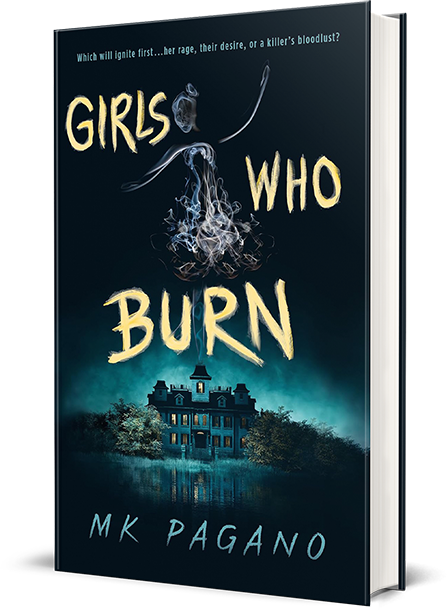Learning From The Masters: On Subtlety

So I want to talk about one of my favorite things in fiction…
Subtlety.
I’ve already written about how one of my biggest pet peeves in books is showing and telling. I also wrote a post on how to not do that.
I think the best novels are ones that show you everything that’s happening–then leave it to you, the reader, to draw your own conclusions. Books like this treat you like you’re smart–the author knows they don’t have to spell everything out for you.
There is one writer I know of who does this exceptionally well, but the example I’m going to give is kind of a big spoiler for this book. So I’m not going to tell you which book or writer it is. I’ve also omitted character names.
For background info: in this novel, a female detective is investigating the murder of a pregnant woman. Earlier on, she finds a notebook where the murdered woman had kept track of her monthly cycles. The detective also hints about a past tryst with a coworker that left her feeling kind of empty, to put it mildly. These people also live in a country where abortion is illegal.
And then, near the end of the novel, we get this passage:
I’m not her, I’m not clockwork, specially not when I’m wrecked and stressed and wretched. By the time the terrible sinking feeling kicked in, I had moved to Domestic Violence, he had been bounced into bureaucratic limbo somewhere and all our bridges were burned to bitter ash; he had gone so far away I couldn’t even see him on the other side. I didn’t tell anyone. I got the boat to England before dawn one sleety Saturday and was back in my dark flat that night—the plane would have been faster but I couldn’t take it, the thought of sitting still for an hour each way, squashed elbow to elbow between strangers. I walked up and down the deck of the boat instead. On the way back the sleet came down harder, soaked me to the bone; if there had been anyone else on deck they would have thought I was crying, but I wasn’t, not even once.
In case you didn’t get it, this character is telling you that she got pregnant as a result of her tryst of her coworker, and then elected to get an abortion.
But at no point in this narrative–or anywhere in the novel–does the character state “I had an abortion.” Instead, the author takes what you already know about that character and the story and presents you with this scene of the detective on a boat on a sleety dark day–and leaves you to figure out exactly what it was that happened.
Of course, not stating things outright means there are some readers who won’t get it. For example, in discussions forums for the above book, some people wrote they had no idea this character had had an abortion. But that’s why it’s so important to read closely (especially in detective novels).
I’m definitely going to be incorporating this into my own writing. How about you?


I agree, it’s in the subtleties where greatness lives.